News
French Magazine XXI to Reveal ICIJ’s Take on Tax Havens
In an interview with ICIJ, XXI editor David Servenay says that the offshore world is more powerfu...
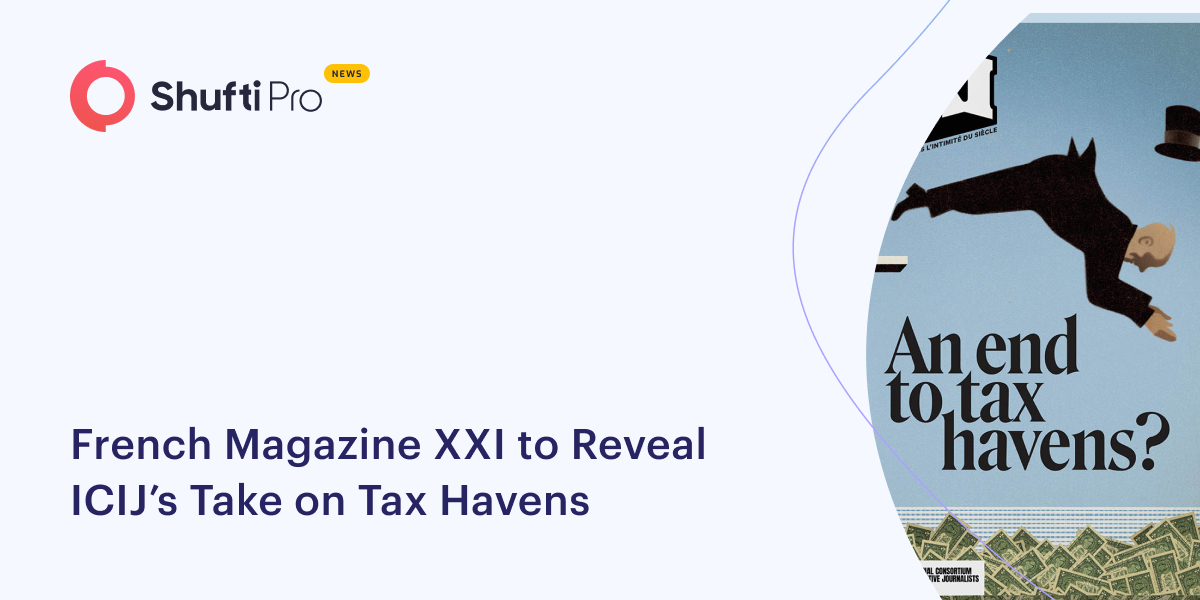 Explore More
Explore More
News
SFC Issues Warning on Unregulated Virtual Asset Platforms
Binance has announced that stock tokens will no longer be available on its website for purchase a...
 Explore More
Explore More
News
A Brussel Led Crackdown to be Held in Britain if EU Demands are not Met
MEPs have ordered Brussels to black-list the city of London if it does not comply with the EU’s D...
 Explore More
Explore More
News
Gary Gensler- Former CFTC Chair to Join President-Elect Biden’s team as Financial Expert.
A crypto-savvy and a CFTC (Commodity Futures Trading Commission) chair from President Obama’s gov...
 Explore More
Explore More
News
Alfa-Bank to Offer Blockchain-Based Services for the Self-Employed People and Freelancers
Alfa-Bank is one of the largest private commercial banks in Russia which is exploring blockchain-...
 Explore More
Explore More
News
Department of Justice Charges Russian Oligarch with Violating US Sanctions
The Justice Department reportedly charged a Russian oligarch with violating US sanctions and reve...
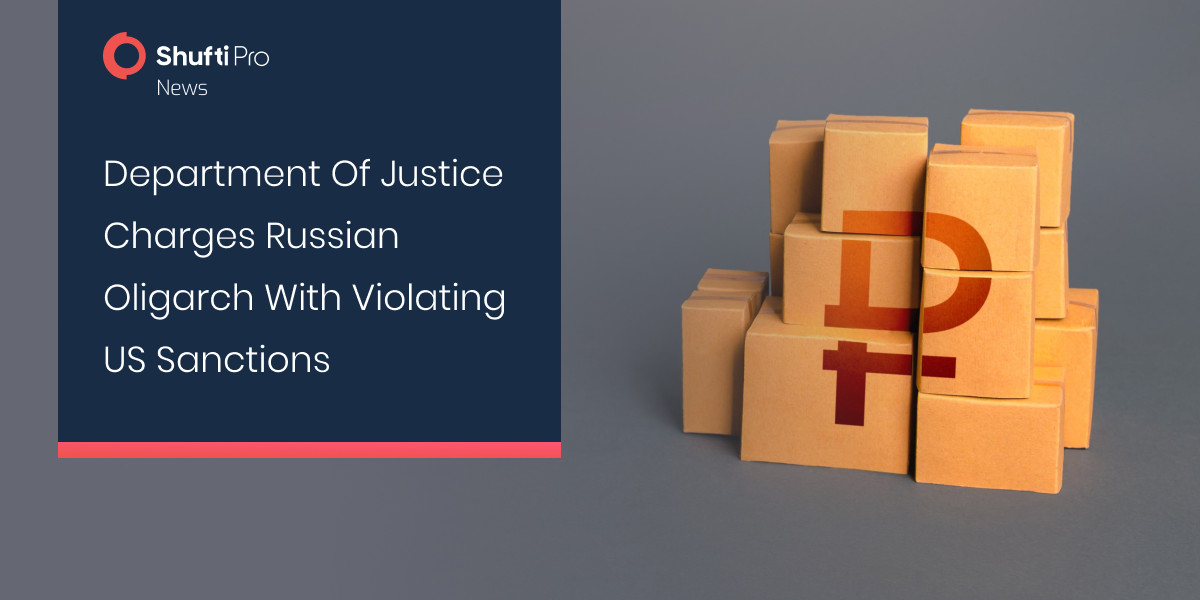 Explore More
Explore More
News
SRA Fines a Law Firm £14,000 for Breaching ID Verification Regulation
A business organization is being penalized £14,000 by the Solicitors Regulation Authority (SRA) f...
 Explore More
Explore More
News
The Brussels Threatens Emirates with Sanctions for Illicit Financial Flow
Think tank has ranked emirates to be the top destination for illicit financial activities. Brusse...
 Explore More
Explore More
News
Rules for AMLC Inquiry for Bank Accounts Released by the Court of Appeals (CA)
On Sunday, the Court of Appeals (CA) issued its rule of process for assessing the deposit or inve...
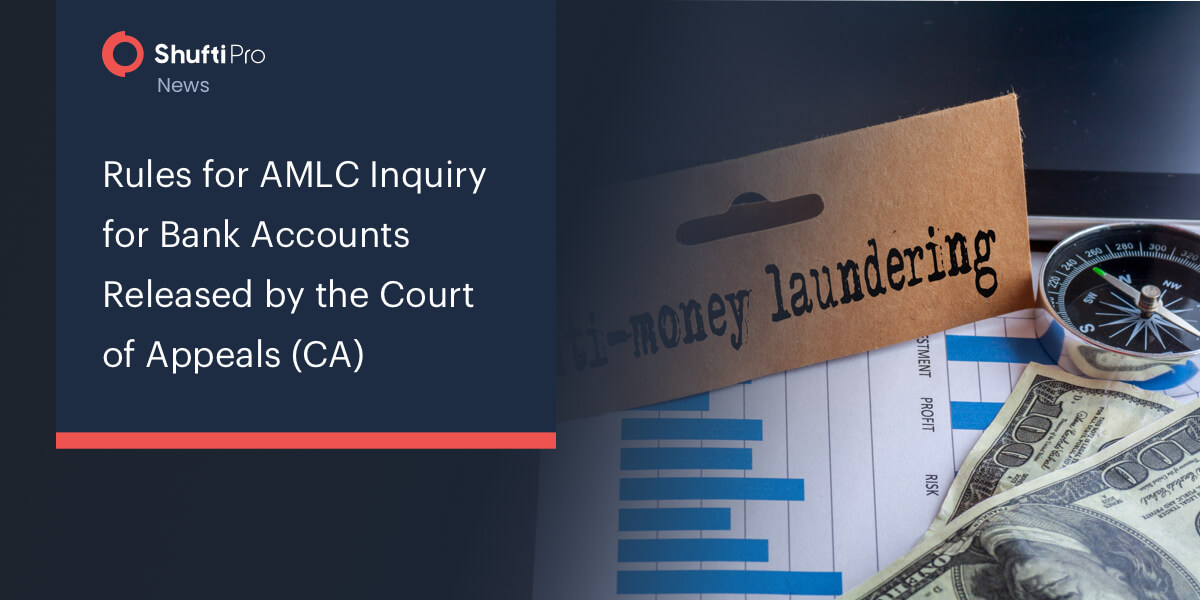 Explore More
Explore More
News
Chinese Bank trials the test interface for PBoC’s Digital Currency
One of China’s largest state-owned banks, the Agricultural Bank of China (ABC) is testing a new i...
 Explore More
Explore More
News
UAE Deploys Hi-Tech Measures to Combat Money Laundering
The UAE has intensified its measures in the fight against money laundering and terrorism financin...
 Explore More
Explore More
News
Danske to face $2 billion fine for money laundering
According to Jyske Bank, Danske will probably be fined around 13.5 billion kroner (around $2 bill...
 Explore More
Explore More
News
EU to Introduce Sixth ‘Anti-Money Laundering Authority’ for Crypto Oversight
The European Union is planning to introduce the sixth “Anti Money Laundering Authority” to look u...
 Explore More
Explore More
News
The Anti-Money Laundering Solution Market is Expected to Double by 2025
According to the latest AML solution market report 2020-2026, the post coronavirus pandemic had a...
 Explore More
Explore More
News
Austrian Gamblers Struggle to Recoup Money from Illegal Betting Sites
Austrian gamblers struggle to recoup money from illegal betting sites after gambling groups face ...
 Explore More
Explore More
News
Poloniex Agrees to Pay $7.6M in Settlement of Sanctions Violations
In a settlement with the Office of Foreign Asset Control (OFAC), Poloniex LLC, a former subsidiar...
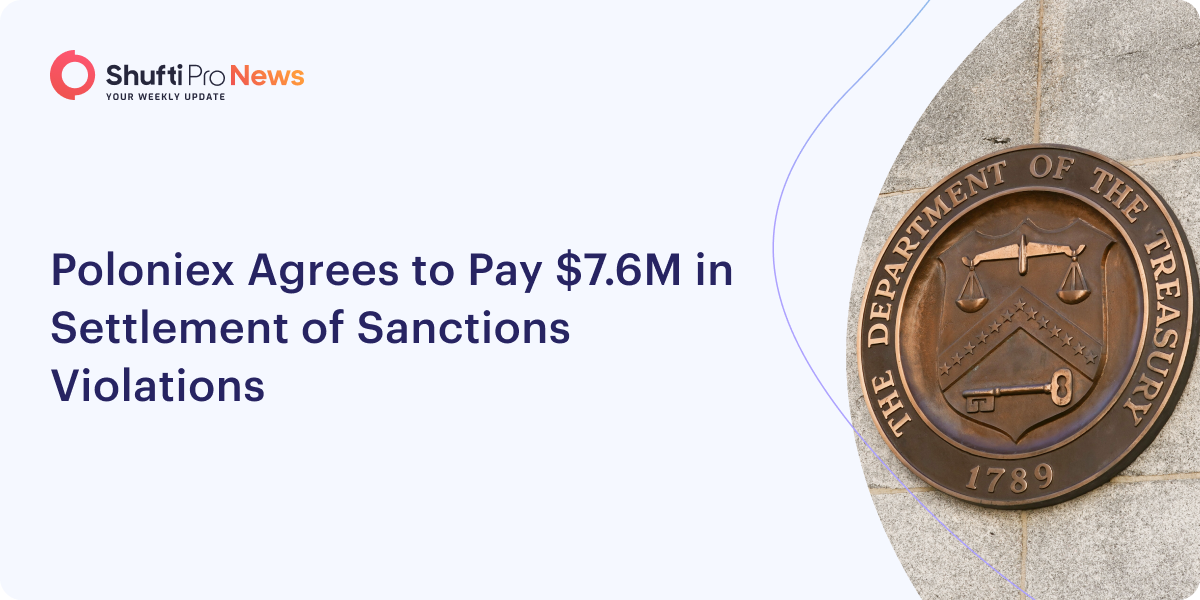 Explore More
Explore More
News
MAS Ramps Up Efforts Against Financial Crimes With the Help of Data Analytics
Singapore’s central bank has revealed in a report on Wednesday that financial criminals will be p...
 Explore More
Explore More
News
The Rise of FinTech Services can Spur Financial Risk: Says U.S. Bank Regulator
According to the US bank regulator, banks and the fintech alliance for a seamless customer experi...
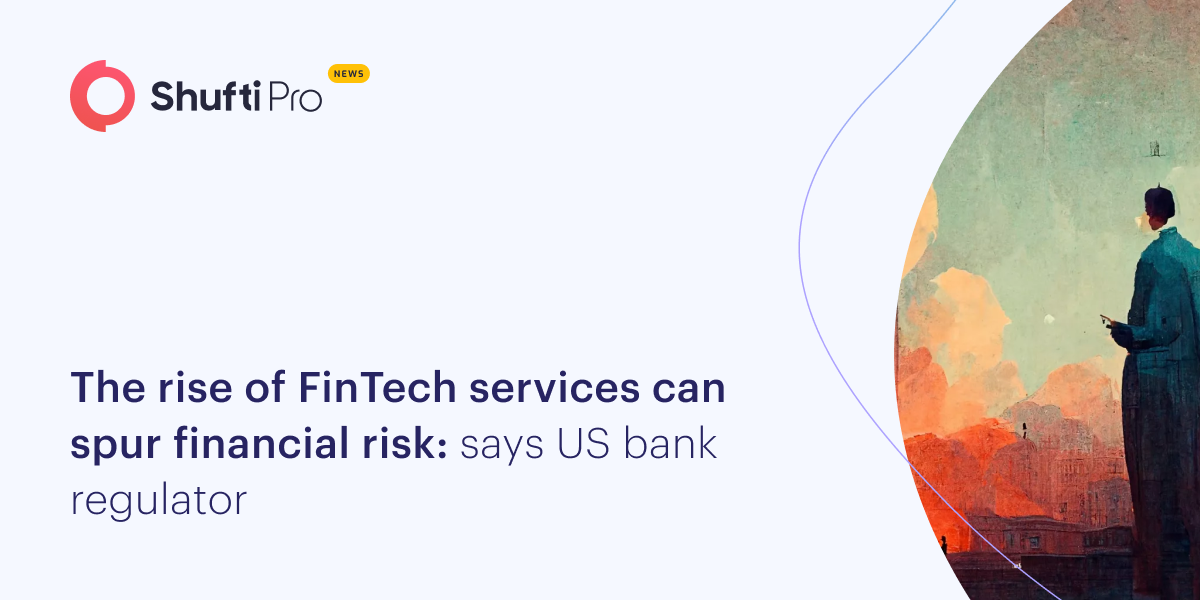 Explore More
Explore More
News
UK Government Issues New Guidance On Data Collection Related To Self Custody Crypto Wallets
The government of the United Kingdom is issuing new rules on the collection of data for the crypt...
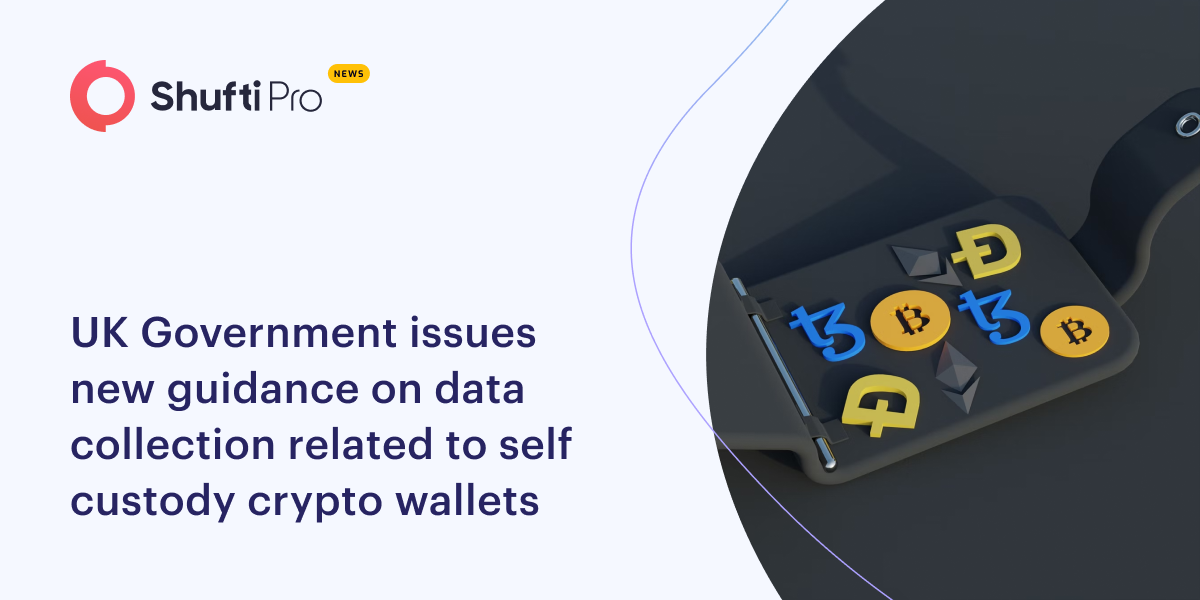 Explore More
Explore More
News
Abu Dhabi Regulatory Authority Fines Pyypl $486,000 for Violating Money Laundering Laws
Abu Dhabi Global Market (ADGM) financial regulatory authority fined $486,000 to digital UAE bank ...
 Explore More
Explore More
News
The UK’s Joint Money Laundering Steering Group Amends Crypto Asset Travel Rule
The UK’s Joint Money Laundering Steering Group (JMLSG) amended the Money laundering and Terrorist...
 Explore More
Explore More
News
Betting and Gambling Council Host AML Training for Gambling Industry
During the Gambling Anti-Money Laundering Group (GAMLG) training day on September 6th, the Bettin...
 Explore More
Explore More
News
Chinese Police Seize $124M Money Laundering Scam in Zunyi City
The money laundering gang was able to conceal its fraudulent activities for a while by using 500 ...
 Explore More
Explore More
News
Facebook Launches a New Payment System Following Libra
Facebook Pay is a new payment system launched by Facebook for all the apps under the Facebook umb...
 Explore More
Explore More
News
Singapore sees 300% yearly spike in Q1 cryptojacking attacks amid Coronavirus
Data published by Russian cybersecurity firm Kaspersky depicts that Singapore has witnessed a sud...
 Explore More
Explore More
News
National Assembly Passes Revised AML Law and Thrift Practice Resolution
The National Assembly (NA) has passed the revised law on Money Laundering Prevention and Control ...
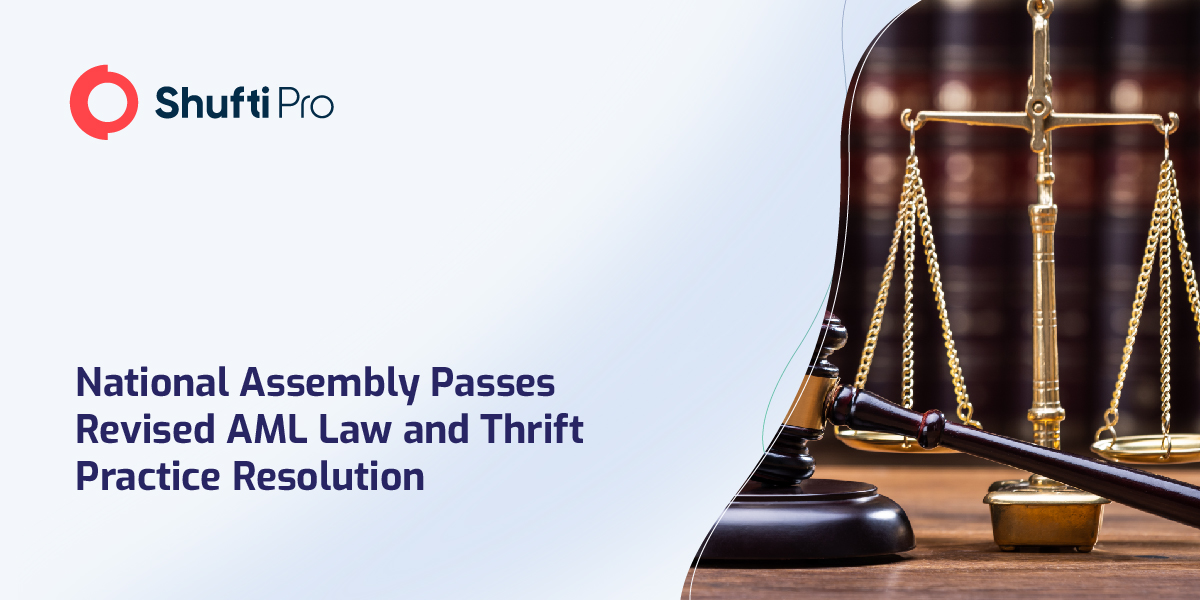 Explore More
Explore More
News
New Bitcoin scam hits Canada
According to a report, a supposed Bitcoin (BTC) scam is now targeting residents of Winnipeg, Cana...
 Explore More
Explore More
News
UK’s Decision to Dump the GDPR Raises Concerns for Online Gambling Sector
The UK is facing financial turbulence because of changing its way from participating in European ...
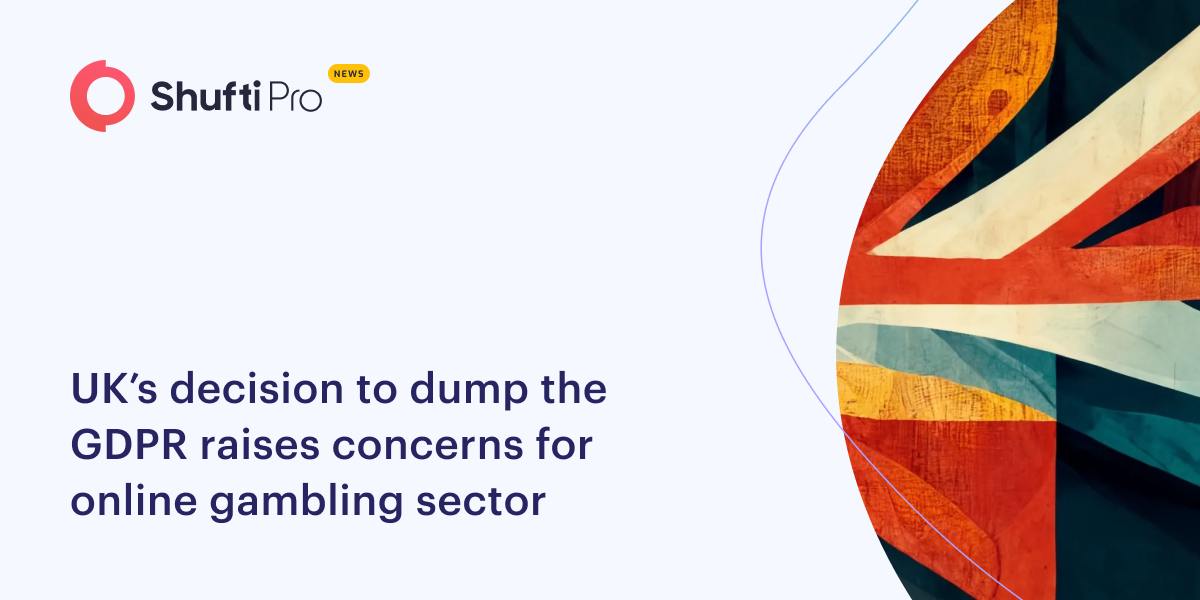 Explore More
Explore More
News
FIU Imposes a Fine of L$21 Million on Insurance Companies for AML Failings
The Liberian financial intelligence unit (FIU) has imposed a L$21 million fine against all the in...
 Explore More
Explore More
News
EU Proposes New AML Agency For Addressing Money Laundering
The EU document has been proposed to introduce tough action against money laundering in the regio...
 Explore More
Explore More
News
Queensland Launches New Inquiry into Star Entertainment’s Money Laundering Controls
Queensland initiates a new investigation to examine the money laundering controls of the Gambling...
 Explore More
Explore More
News
N26 Fined $5M by German Watchdog for Delayed SAR
German regulator BaFin imposes a hefty $5 million penalty on digital banking company, N26, for un...
 Explore More
Explore More
News
ACRA to Impose Stricter Rules to Combat Money Laundering & Terrorist Financing
ACRA has proposed stricter rules for professionals and firms that assist businesses with corporat...
 Explore More
Explore More
News
Rabobank Fined EUR 500K for Ineffective KYC Compliance
The Dutch Central Bank (DNB) instructed Rabobank to enhance their CDD, transaction monitoring, an...
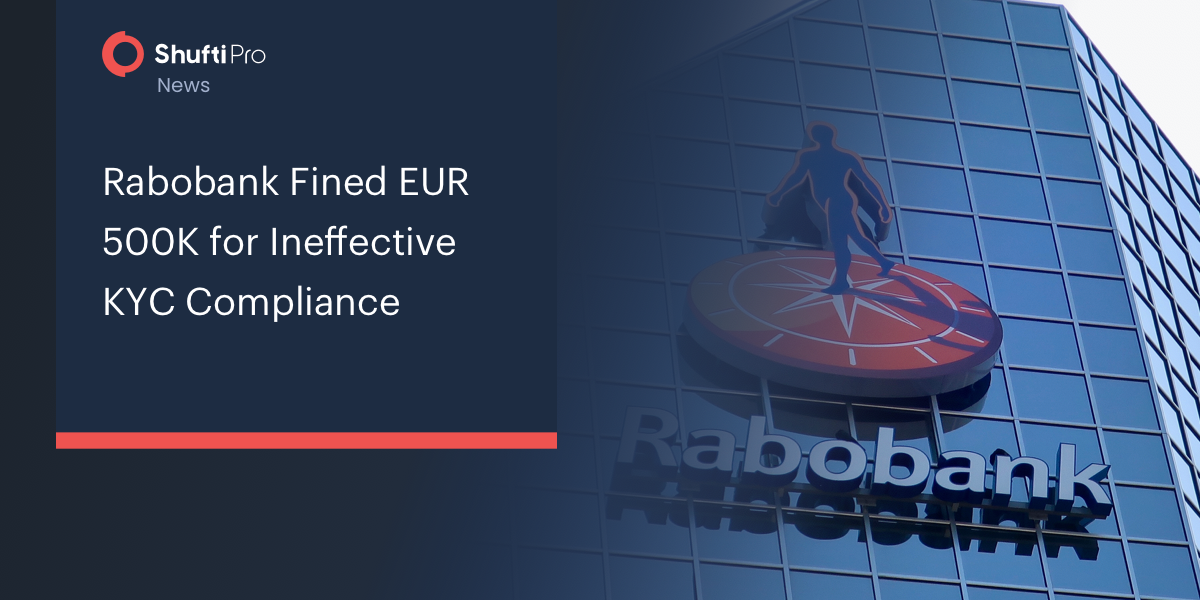 Explore More
Explore More
News
IRS Criminal Investigation Uncovers Approx. $10 Billion Worth of FinCrime
IRS-CI FY 2021 highlighted $2.19 billion in tax fraud, $8.18 billion in financial crimes, 1497 wa...
 Explore More
Explore More
News
US Rated as The Most Secretive Financial Jurisdiction in the World
The US has been ranked the most secretive financial jurisdiction in the world due to deterioratio...
 Explore More
Explore More
News
Beverly Hills Store Pleads Guilty to Conspiring with Drug Money Launderers
U.S. Private Vaults, Inc. has pleaded guilty to charges on its Beverly Hills store of conspiring...
 Explore More
Explore More
News
MASAK to Investigate Short Video Hosting Platform, TikTok Over Money Laundering Allegations
MASAK is investigating the scammers involved in money laundering on TikTok. Over the serious alle...
 Explore More
Explore More
News
Florida House Speaker Votes to Restrict Minors’ Access to Social Media Platforms Via Age Verification Checks
Florida House votes to mandate social media platforms to implement rigid age verification checks,...
 Explore More
Explore More
News
Failure to Join FATF Will Increase Economic Pressure
According to a top diplomat, Iran’s refusal to comply with the requirements of the Financial Acti...
 Explore More
Explore More
News
Jamaica Nears Full Compliance by Meeting 37 of 40 FATF Recommendations
Jamaica now complies with 37 out of 40 FATF recommendations for better prevention of financial cr...
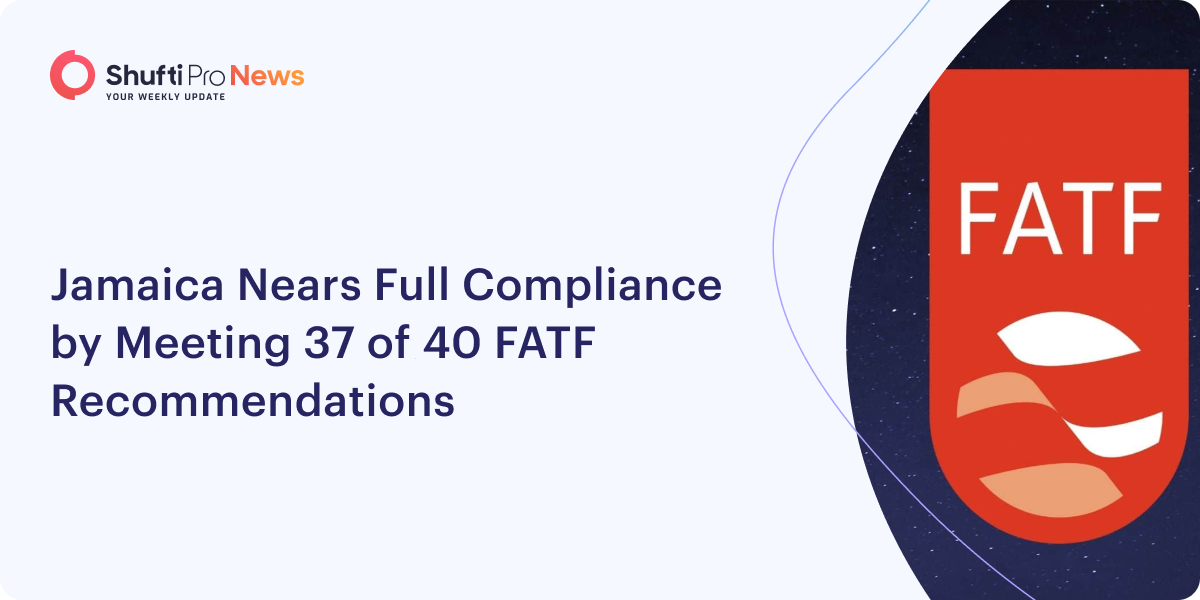 Explore More
Explore More
News
FBI Reveals North Korea’s Lazarus Group Involvement in $41 Million Stake Hack
US Federal Bureau Investigation (FBI) has revealed that the North Korean hacking group, Lazarus, ...
 Explore More
Explore More
News
“Cybercriminals are Tampering with QR Codes to Redirect Victims”, FBI Warns
The Federal Bureau of Investigation (FBI) has issued a warning regarding Malicious QR codes that ...
 Explore More
Explore More
News
€18 Million of Illicit Cash Flows Undetected Across 25 EU States in Two Weeks
A major customs operation, BELENOS, by the French Customs authorities, has unveiled an illicit fl...
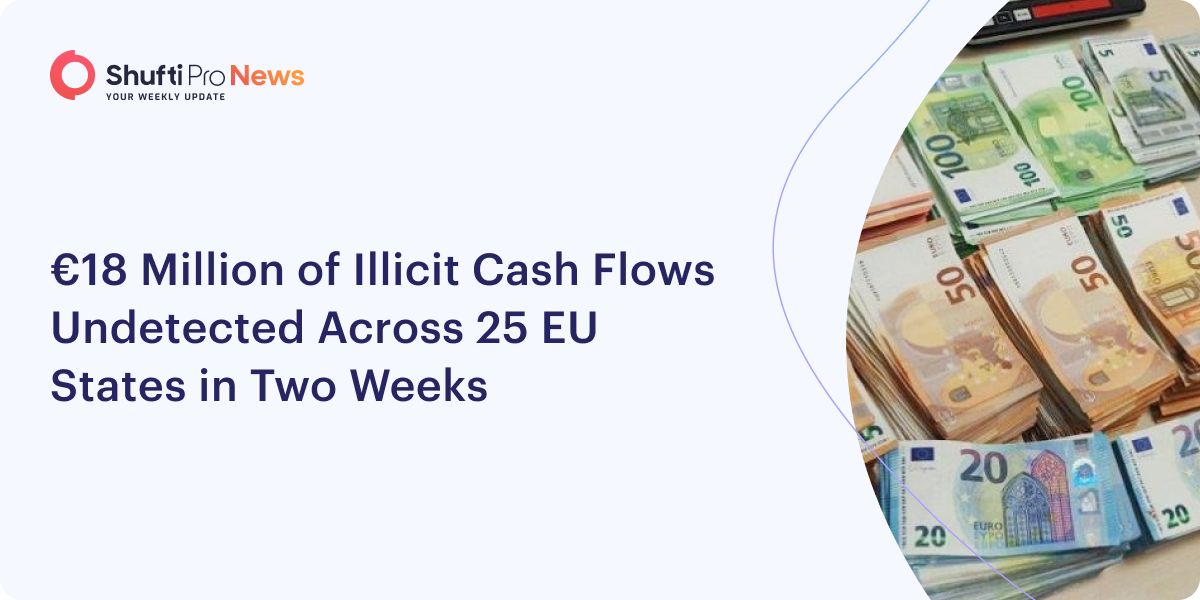 Explore More
Explore More
News
Twitter Breach – Bitcoin Scams to the Next Level
A massive attack is reported on Twitter accounts of high-profile and well-recognized brands. Hack...
 Explore More
Explore More
News
Five Kenyan banks fined under AML laws
Five commercial banks were imposed a fine of $3.75 million in Kenya for failing to report suspici...
 Explore More
Explore More
News
Australian Bank, Westpac, Accused of 23 Million Money Laundering Breaches
Australia’s financial intelligence agency, The Australian Transaction Reports and Analysis Centre...
 Explore More
Explore More
News
Poloniex Agrees to Pay $7.6M in Settlement of Sanctions Violations
In a settlement with the Office of Foreign Asset Control (OFAC), Poloniex LLC, a former subsidiar...
 Explore More
Explore More
News
China’s Digital Currency Could Be Launched ‘Quite Soon’
Within the next 6 to 12 months, China could launch its own digital currency which may become a ch...
 Explore More
Explore More
News
Indonesia Becomes Member of International Watchdog, FATF
The international money laundering watchdog, FATF, includes Indonesia as its member state, in a g...
 Explore More
Explore More
News
Italian Regulators Block Consumers from Investing in Binance
Italy has joined the list of warnings against Binance, directing citizens to avoid investing in t...
 Explore More
Explore More
News
Regional Watchdog Assesses the AML Protocols Followed by Liberia to Fight Money Laundering
The Financial Intelligence Unit of Liberia has established the Inter-governmental Action Group Ag...
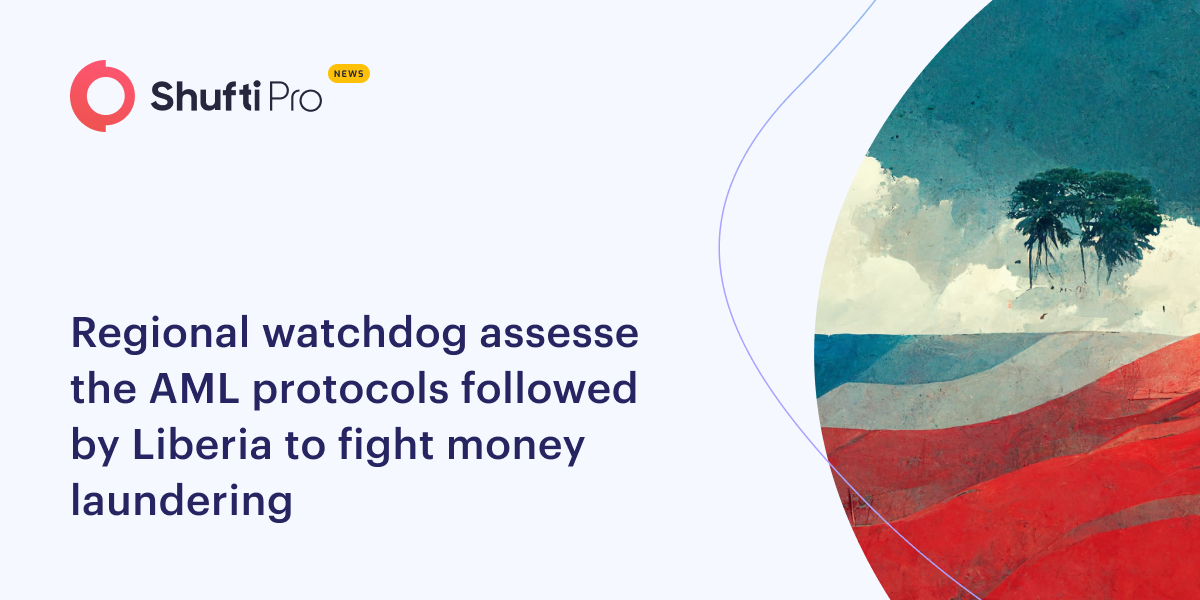 Explore More
Explore More
News
NFIU Increases Efforts to Remove Nigeria from FATF Gray List
The Nigerian Financial Intelligence Unit (NFIU) has stated that it is working towards removing th...
 Explore More
Explore More
News
Turkey to Face FATF’s Gray List Over Inadequate AML Practices
FATF is set to grey list Turkey over AML shortcomings, a move that is likely to affect the countr...
 Explore More
Explore More
News
Pandora Papers Highlight ‘Gatekeepers’ of Black Money, says EU Financial Watchdog
The new report of MONEYVAL offers a diminishing rebuke across European governments that are unabl...
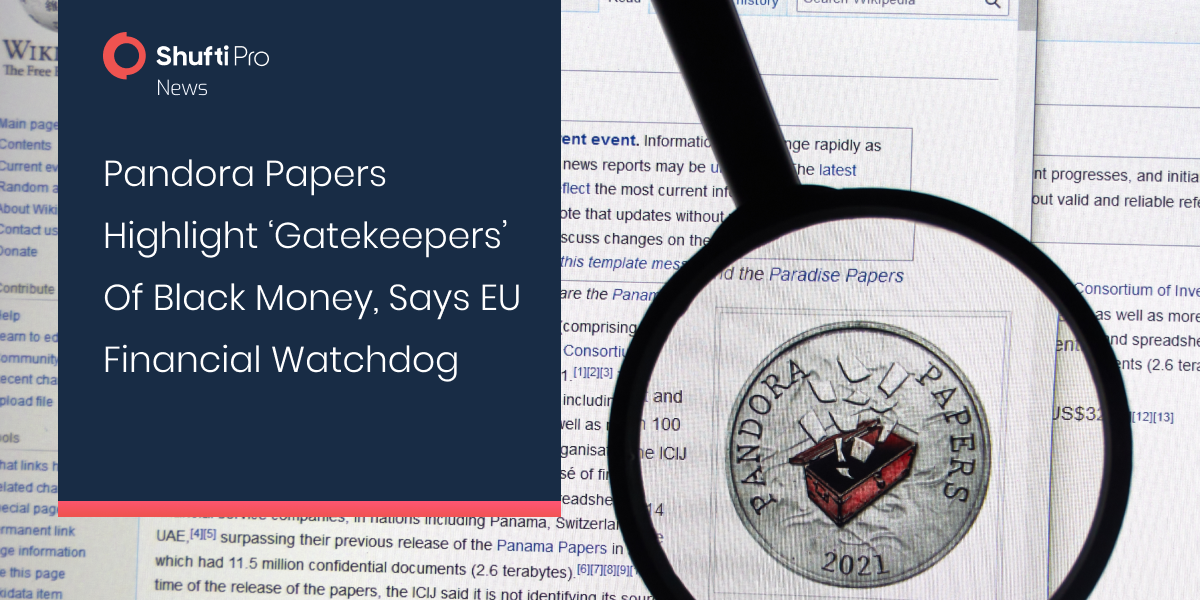 Explore More
Explore More
News
Garmin Online Services Reportedly Hit With Ransomware Attack in demand for $10 Million
Ransomware attacks are on the rise, and Garmin is the latest big name to take a hit.
A hacker gro...
 Explore More
Explore More
News
Wells Fargo Hit With $37M Fine Over Forex Fraud
Improper financial handling, defrauding others, and taking advantage of customers has become a no...
 Explore More
Explore More
News
FCA Fines Ghana International Bank Over £5 million for Money Laundering Failings
The Financial Conduct Authority (FCA) has imposed a £5,829,900 financial penalty on Ghana Interna...
 Explore More
Explore More
News
Saskatchewan Government Invests $1.66m to Support Fight Against Money Laundering
The Government of Saskatchewan is spending $1.66 million on the Civil Forfeiture Program to back ...
 Explore More
Explore More
News
DHS 19.5 Million Fine Imposed on UAE Banks for AML Failings
The Central Bank has imposed Dhs 19.5 million fine on UAE’s banks for shortcomings in the AML fra...
 Explore More
Explore More
News
Zoom improves user security by incorporating 2FA for all users
Zoom confirmed adding 2-factor authentication (2FA) for all the users of the platform. This marks...
 Explore More
Explore More
News
UK FCA Orders Illegal Crypto Service Providers to Shut Down ATMs
The UK’s Financial Conduct Authority has ordered crypto firms operating illegally in the country ...
 Explore More
Explore More
News
FIU to Audit Crypto Exchanges, Aiming to Reduce Money Laundering
Financial Intelligence Unit under Financial Services Commission to audit Korea’s cryptocurrency e...
 Explore More
Explore More
News
Cabinet Pressurizing BVI to Improve its Financial Laws
Many international financial regulatory bodies have pointed fingers at BVI’s financial service in...
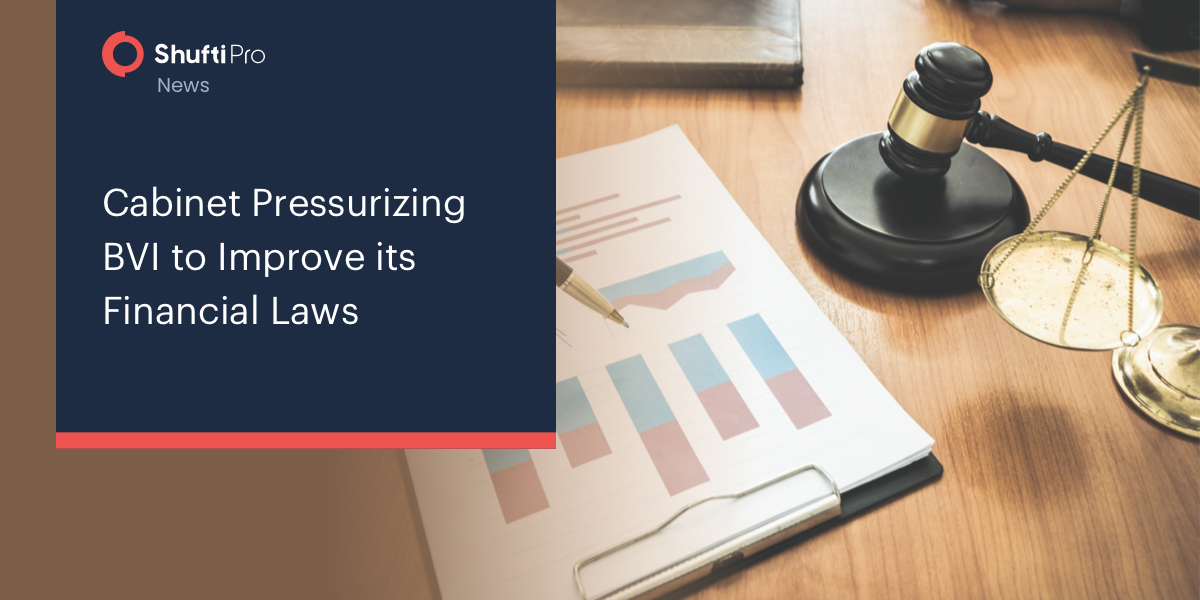 Explore More
Explore More
News
Gambling Commission Fines Entain £17m for Social Responsibility & Anti-Money Laundering Failures
Ladbrokes owner Entain has been fined £17m by the Gambling Commission for social responsibility a...
 Explore More
Explore More
News
Dubai Sets up Special Court to Tackle Money Laundering
The new court of law has been established to combat money laundering and related financial crimes...
 Explore More
Explore More
News
Panama & the Cayman Islands’ AML Efforts May Lead to Removal From FATF Gray List
According to the Paris-based watchdog, Financial Action Task Force (FATF), Panama and the Cayman ...
 Explore More
Explore More
News
PHL Ranking Declines in the Corruption Index, Reveals GRP
According to the Global Risk Profile (GRP), the ranking of the Philippines in the corruption inde...
 Explore More
Explore More
News
CAMLMAC and UAE Financial Intelligence Unit Join Hands to Fight FinCrime
UAE and China have signed an MoU on August 03, 2021 to combat money laundering and terror financi...
 Explore More
Explore More
News
The UK’s largest mobile operator EE has announced its Digital Identity platform
EE, the UK’s largest mobile operator has announced its new Digital Identity platform to protect c...
 Explore More
Explore More
News
Optus Data Breach Leaves Millions of Australians at Risk of Identity Theft
The APF is investigating Optus’s data breach that involves millions of customers’ per...
 Explore More
Explore More
News
Malta Should Remain Vigilant Against Money Laundering, Says FATF President
FATF President Marcus Pleyer says that Malta must prioritise its fight against illicit financial...
 Explore More
Explore More











































































